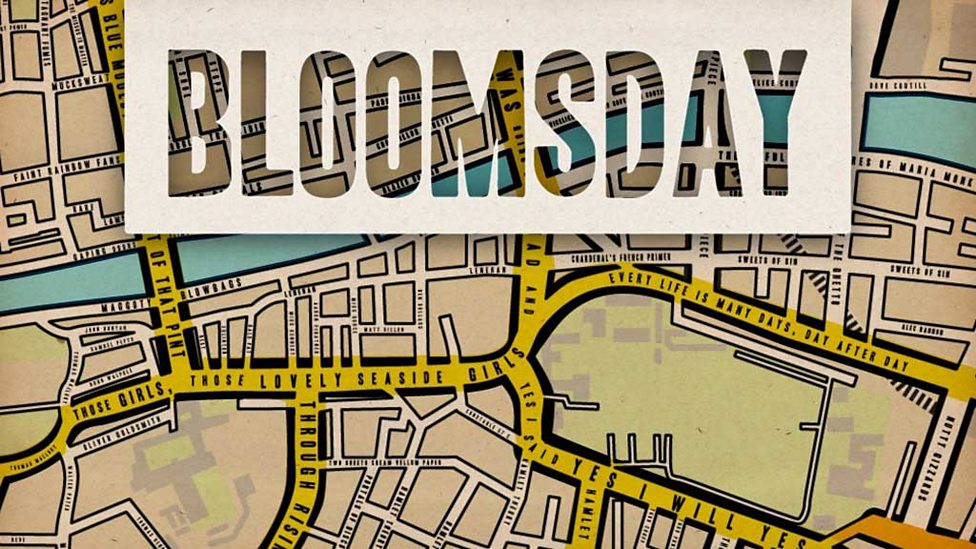From Shakespeare’s The Tempest to the
film Cast Away, starring Tom Hanks, and the TV series Lost, life on a desert island has
always served as an inspiration for writers.
Robinson Crusoe was a bestseller in 1719, the year it was
published. Epistolary, confessional, and didactic in form, the book is a
fictional autobiography of the title character (whose real name is Robinson
Kreutznaer), a castaway who spends 28 years on a remote tropical island
near Trinidad, encountering cannibals, captives, and mutineers before being
rescued.
The story was based on the real-life experiences
of Alexander Selkirk, a Scottish castaway who lived for four years
on a Pacific island called "Más a Tierra", now part of Chile,
which was renamed Robinson Crusoe Island in 1966.
Defoe’s focus on the conditions of everyday life and avoidance of the
courtly and the heroic made him a revolutionary in English literature and
helped define the new genre of the novel. Stylistically, Defoe was a great
innovator. He rejected the ornate style associated with the upper
classes and used the simple, direct, fact-based style of the middle
classes, which became the new standard for the English novel.
With Robinson Crusoe’s theme of solitary human existence,
Defoe paved the way for the central modern theme of alienation and isolation.
Here you can download a PDF Presentation
to widen your knowledge of the first real novel in English literature!





